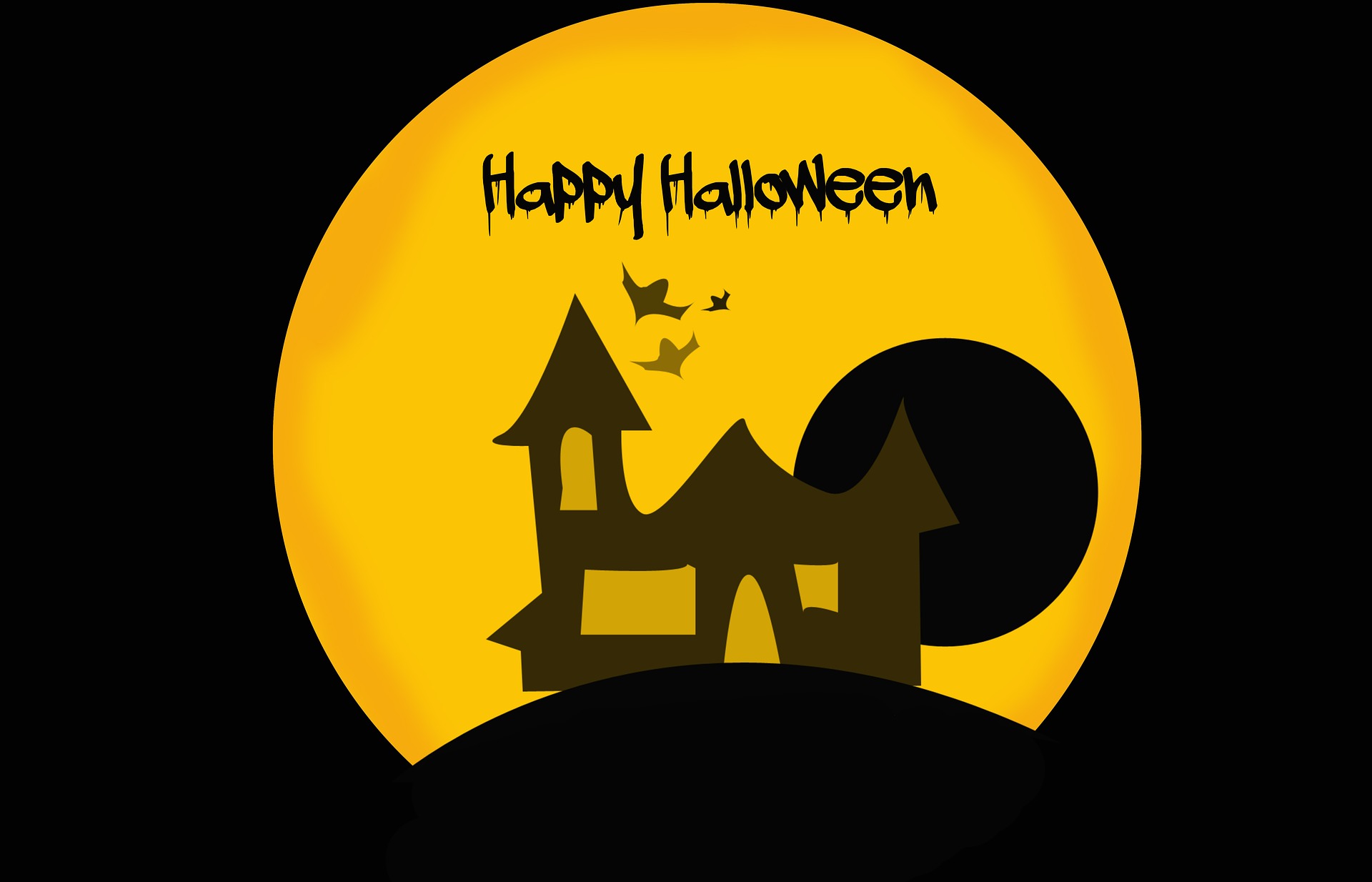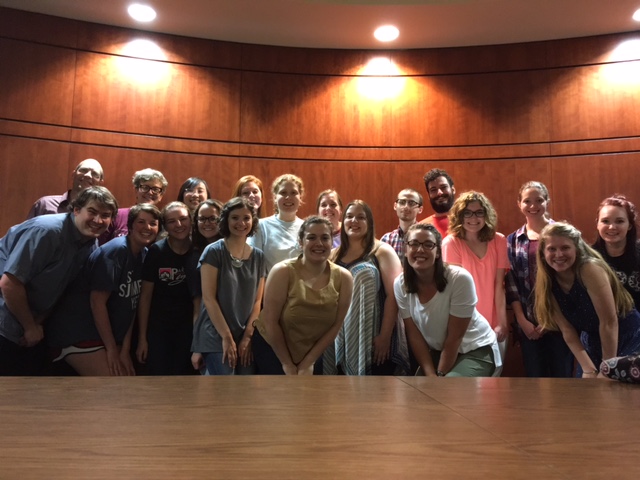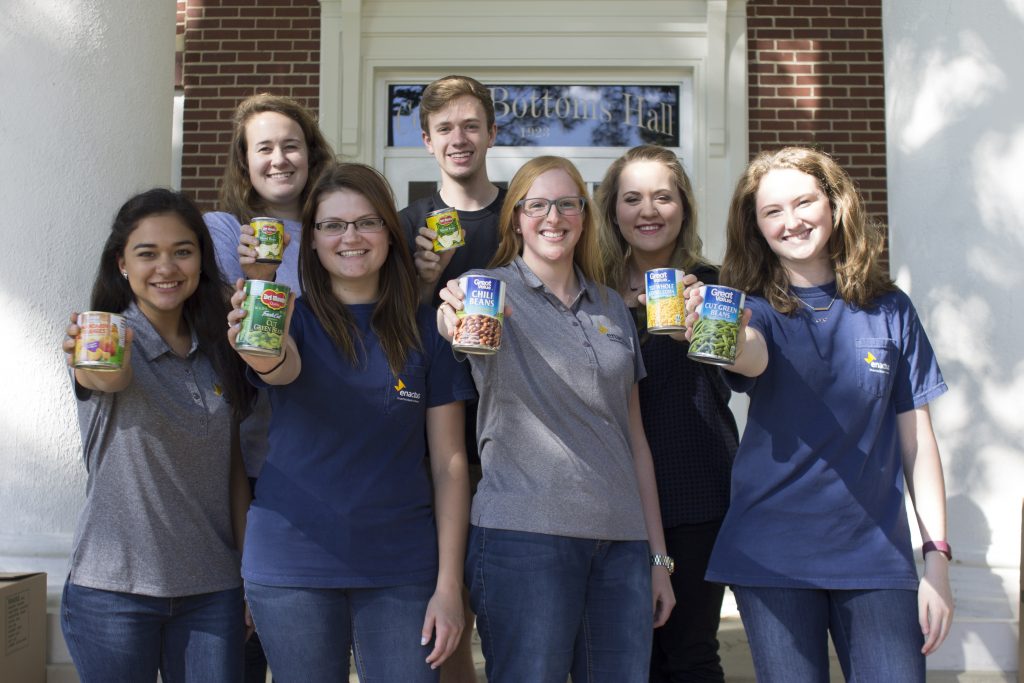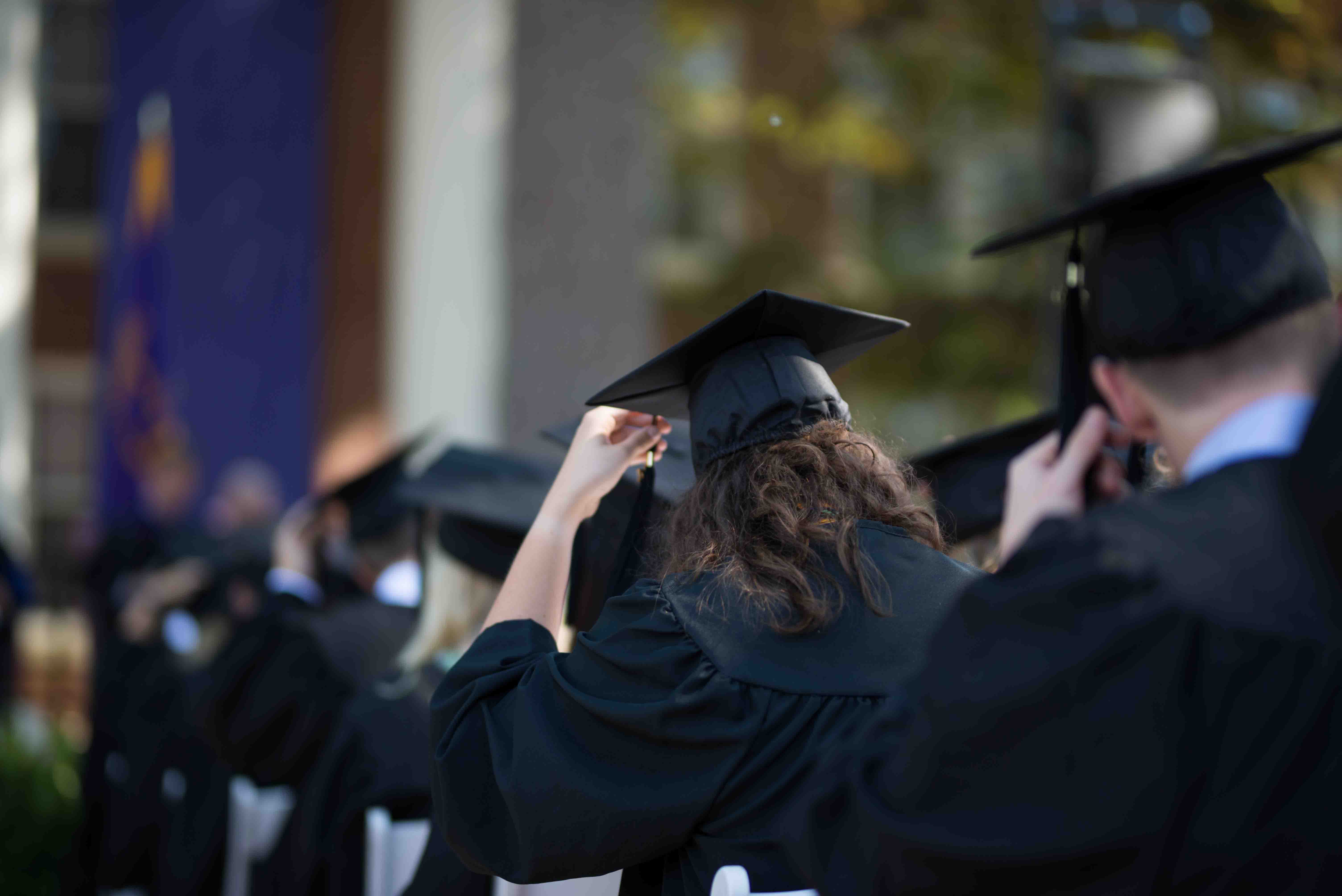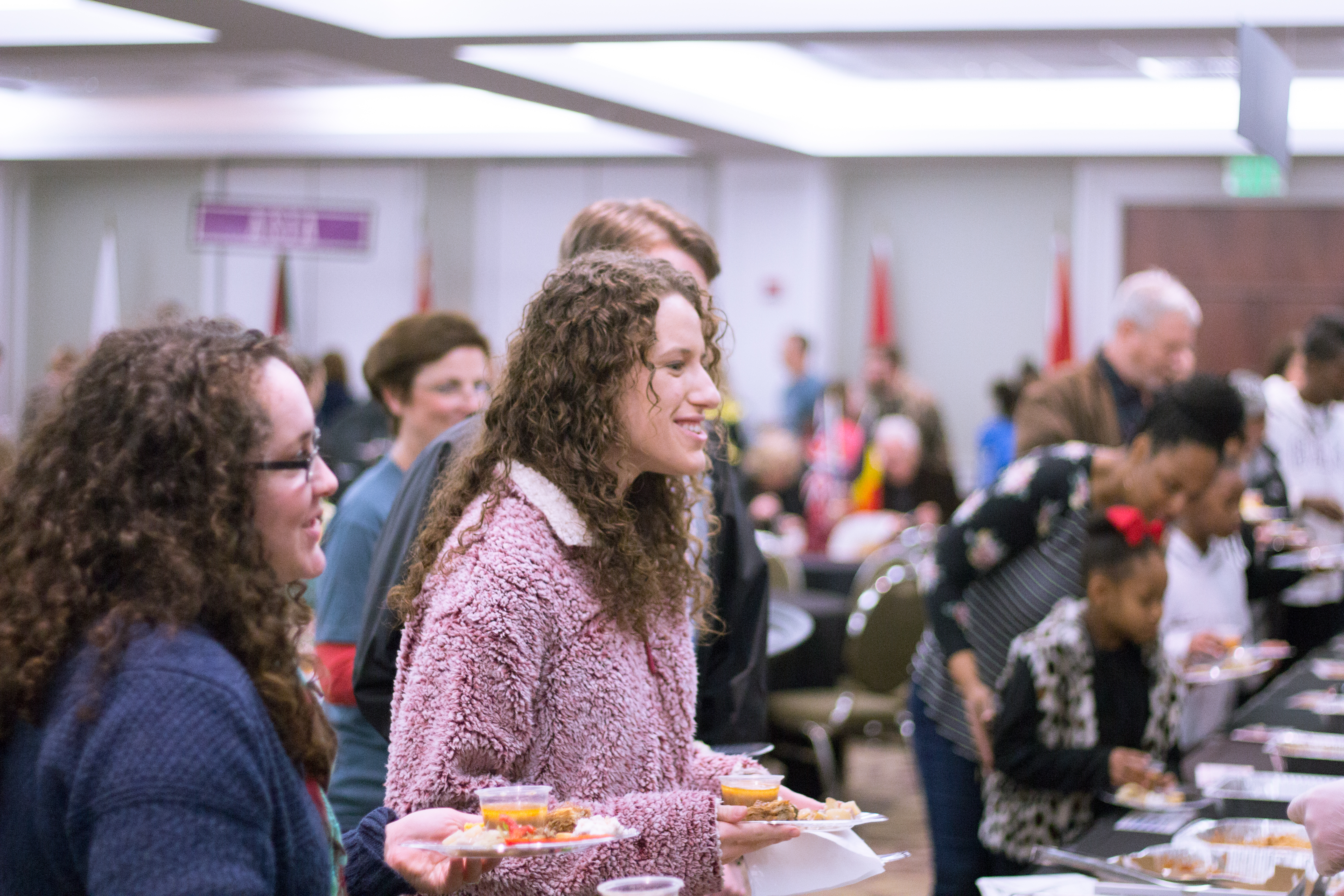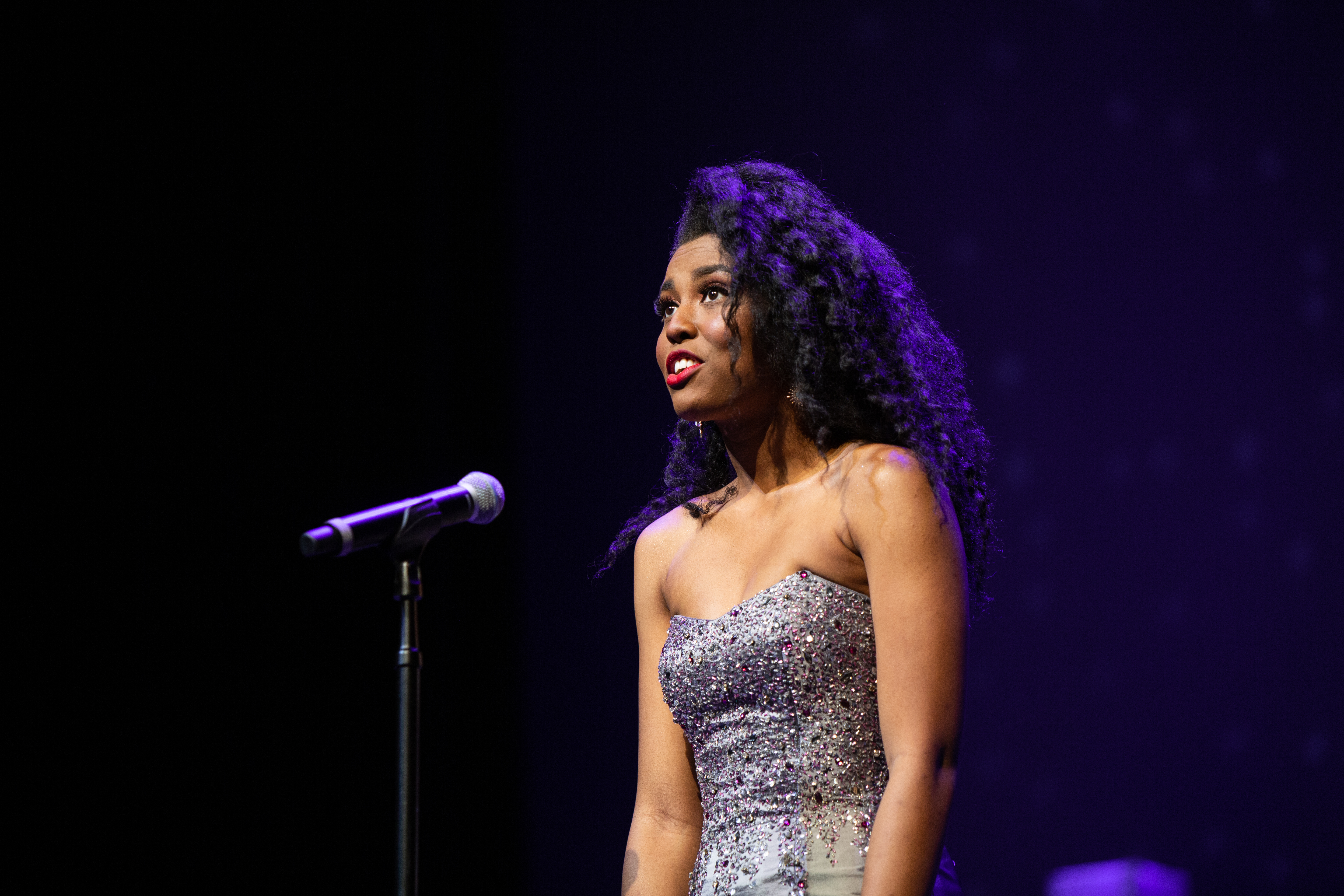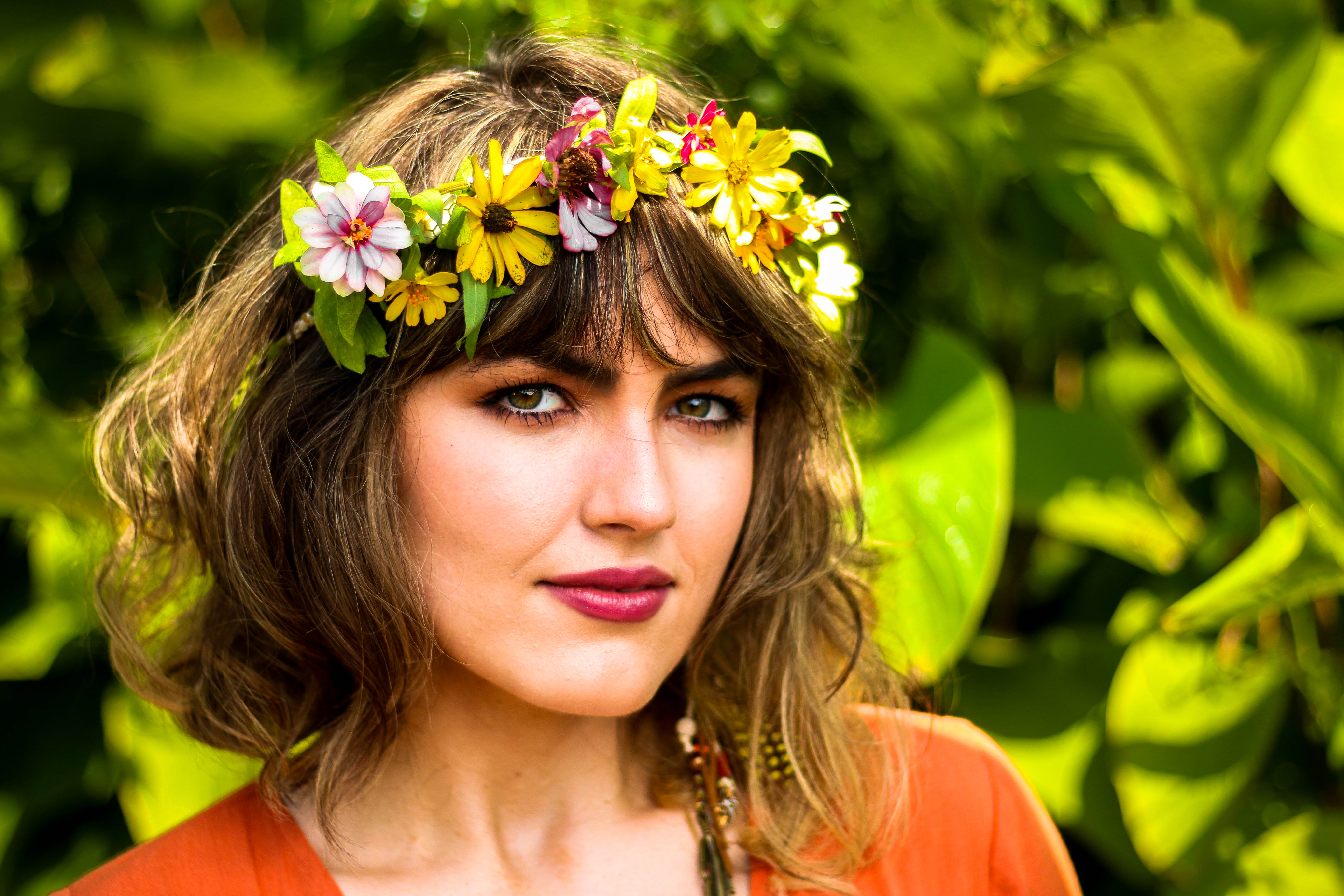“Trick-or-Treat!” is a phrase that will vastly be said in the days leading up to Oct. 31 as people dress in costumes, walk around their neighborhoods and go to parties for the overwhelmingly commercialized fall holiday everyone knows as Halloween. However, Halloween wasn’t always like this.
The holiday originated about 2,000 years ago in Europe as a day for people to celebrate the end of summer and the beginning of winter, which was typically associated with death. The Celtics believed that at this time, the boundaries between the living and the dead went away and ghosts and spirits returned to the earth. The people had massive bonfires where they burned their sacrifices to the gods. They dressed up in costumes and attempted to be fortunetellers for one another. As time passed, empires were conquered and religious views changed and the holiday eventually began a day to honor the dead and celebrate new life.
When the colonists settled New England in America, religious values were extremely important and fairly strict. The celebration of Halloween as it was in Europe was limited, but slowly developed into an American version. Harvests and parties were held where people told stories, danced, sang, dressed up and went door-to-door asking for food and money. It also became a holiday where people celebrated and focused on their futures instead of dwelling on death.
Eventually, Halloween merged into a holiday more about community celebrations and pranks than anything else. During this time, Halloween lost a lot of the religious or superstitious meanings it once celebrated. By providing candy for the community, households were able to prevent trick and pranks from being played. This led to the to the modern day version of trick-or-treating.
So the question is, does the current day version of Halloween, filled with witches, princesses and cowboys wanting candy go against Christian beliefs?
I held a poll on Twitter to gain ideas from the public. 82% of people said that Halloween is a harmless holiday we just celebrate for fun, while 18% said it went against Christianity.
I have to agree with the 82%. Growing up, I celebrated Halloween dressing up and going to church carnivals. I spent my night in matching costumes with my best friend and playing silly games to win candy and prizes. I never knew anything about the origins of Halloween, its association with death or the real reason it even began to be celebrated thousands of years ago.
Sure, I had always heard the superstitions about black cats and witches, but I really never thought anything about it all. For me, it was a holiday I spent with my friends getting to pretend I was someone or something else for a night.
I think most of the importance of Halloween today is placed on the gathering of communities for carnivals, pumpkin carving and fun, instead of the superstitions or celebration of the dead like in the past.
In fact, if there is anything wrong with the celebration of Halloween, it’s the millions of dollars spent on candy each year or the obsessive amount of time that is spent making or coming up with a costume.
When I was little, I wore my old dance costumes or my mom would come up with a cute costume idea on her own. Now, parents can go to the store and buy just about any costume right off of the shelves or obsessively search Pinterest until they find the perfect costume to make.
Americans spend close to 6 billion dollars a year on Halloween related expenses, from decorations to costumes and candy, making it the second most commercial holiday after Christmas. Although it’s fun, I think that’s a little out of control for a holiday with no real significance to any specific American beliefs.
By: Abbey Little, Student Writer

